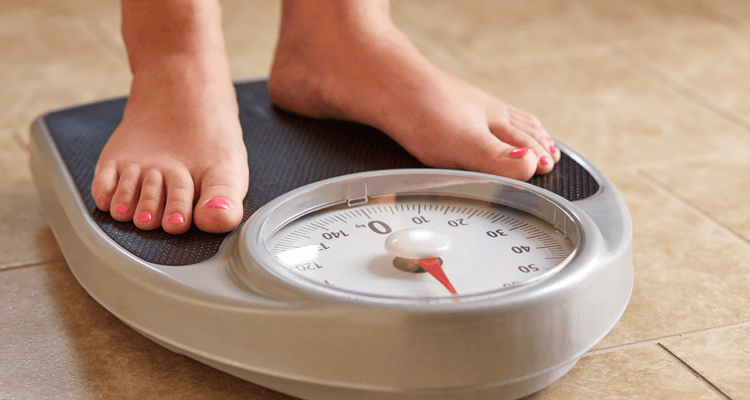A healthier sense of body image may help protect teens from substance abuse. That’s the implication of recent findings by researchers at the University of Missouri. But what’s the direct application for teens and their families? Armed with insight and knowledge from recent research, parents can encourage a healthier body image in their teen (and thus better insulate them from the dangers of drinking, smoking, and addiction).
How Poor Body Image Is a Risk Factor for Substance Abuse
The University of Missouri study set out to learn more about the link between body image (how a person sees himself/herself when they look in the mirror) and risky behaviors like drinking and smoking. What the study found was that adolescent girls are not alone in experiencing the negative health impact of poor body image—boys are also vulnerable (albeit not as disproportionately affected as their female counterparts):
- Girls who saw themselves as too fat were more likely to binge drink and smoke.
- Boys who saw themselves as too skinny were more likely to smoke.
- Boys who saw themselves as too fat were more likely to binge drink.
In summary, poor body image—in particular, negatively “perceived size”—was a “significant” risk factor for substance abuse in both girls and boys, irrespective of gender.
The Link Between Eating Disorders and Substance Abuse
This discovery reinforces, and may help to explain, previous findings that have revealed an indisputable link between eating disorders and substance abuse. Just how strong is that link? Nearly half of all people with eating disorders have a co-occurring problem with drugs or alcohol, according to research cited by the National Eating Disorders Association (NEDA), which estimates that this rate is five times greater than that for the general population.
Adolescence is also when “the peak risk for onset of depression, eating pathologies, and substance abuse” occurs in girls, research says. But a similar trend may increasingly describe male teens: when researchers at Boston Children’s Hospital studied adolescent boys across the country, they reportedly found that almost one in five boys had “extreme concerns about their weight and physique,” raising their risk of drug and alcohol abuse.
How to Encourage a Healthier Body Image in Your Teen
If negative body image is significantly related to increased risks of drinking, smoking, and (in turn) addiction, it follows that a healthier body image can be a protective factor in relation to substance abuse. You can help your adolescent child develop healthier, more positive perceptions of how they look by:
- Encouraging self-care in the form of a nutritious diet, plenty of water, and regular exercise. – These elements of a healthy lifestyle can directly impact how your teen feels, their energy levels, and even their self-esteem.
- Being mindful of your own attitudes and prejudices regarding food and weight, and correcting them where necessary. – Your children will pick up on these thoughts and behaviors, such as excessive dieting and exercise, or negative comments about others’ physical appearances.
- Emphasizing the development of your child’s inner character. – These points of emphasis can include kindness toward others (regardless of how they look), an open-minded appreciation for the many and diverse forms that beauty takes in others, and zero tolerance for bullying of any kind.
- Educating them about popular media’s unrealistic portrayals of physical beauty. –Studies show that teens can be especially susceptible to thinking they have to live up to these unrealistic standards. Explain to them that most of the images they are seeing on TV and in magazines have been heavily photo-edited and airbrushed to convey an unattainable “ideal” image (one that’s often not in alignment with a “healthy” image).
- Avoiding body shaming language. – Making critical comments about a teen’s body size or weight can contribute to poor self-esteem and negative body image. (The effects can be similar if, on the other hand, you’re constantly looking in the mirror pointing out your own flaws.)
- Encourage a healthy relationship with food. – Ideally, this acculturation should start when your child is younger, but a late introduction is better than none whatsoever. These “6 ways to help kids have a healthy relationship with food” offer some helpful pointers.
By following the above guidelines, you’ll be sending your teen a powerful message that you love and accept them as they are. In return, your teen may some day thank you for saving them from substance abuse.



































